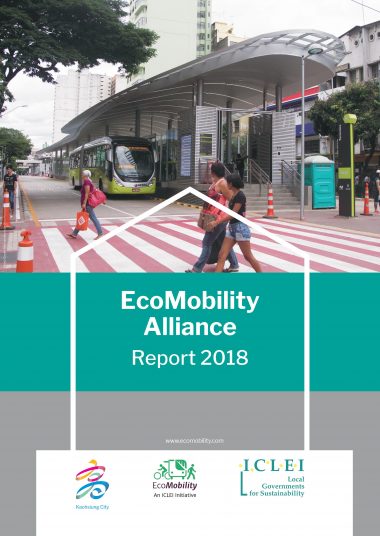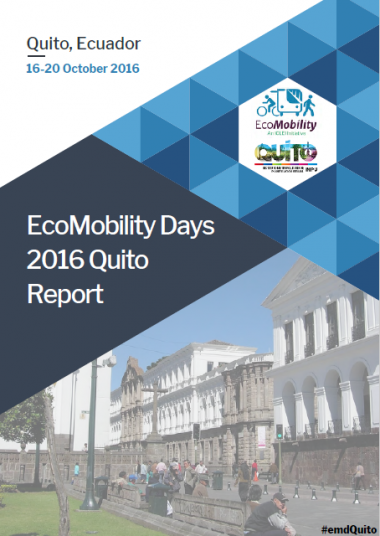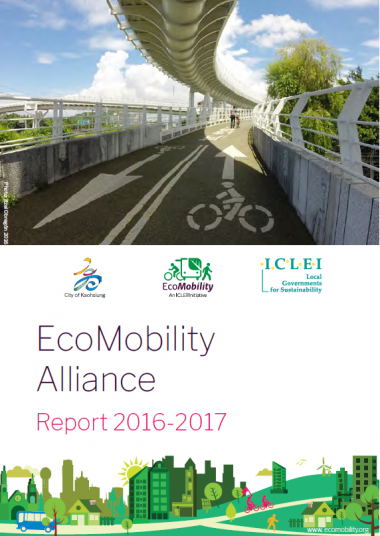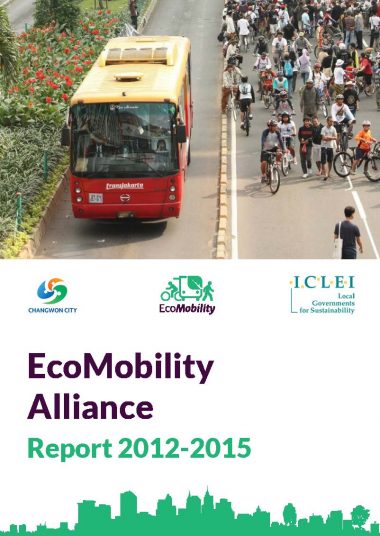Quito, the capital of Ecuador, is the second-highest capital city in the world at an altitude of 2,850m, where it is surrounded by volcanoes and deep valleys. The city’s altitude can cause much structural vulnerability, making resilience one of the most important agendas for the city. Quito was selected to be part of the 100 Resilient Cities (100RC) initiative, which supports cities around the world to build urban resilience.
Building urban resilience means developing the capacity to prepare for and to adapt to change so that the city can continue functioning effectively and efficiently. Mobility exerts chronic stress on the city’s infrastructure, which is reflected in the lackluster quality of the service, poor accessibility, lack of
public space and poor air quality. Transportation is the most carbon-intensive sector in the city, representing 56 percent of the carbon footprint of the city, translating to almost 3 million tons per year. For this reason, Quito is investing in mobility alternatives that contribute to reducing carbon footprint while also helping the city cope with natural hazards. Creating an integrated and compact city is essential to reduce carbon concentrations.
The first Quito metro line is planned to operate in 2019. The 22.7km system will form the backbone of the public transportation system and enable integration with existing mobility systems. The system is also complemented by promoting active mobility in the city. To date, 45km of cycling lanes have been completed. To maximize the benefits of the public transportation system, the TOD planning approach improves access to residential, commercial and recreational areas. Such physical improvements in transport and urban planning are potential catalysts that can generate transformative benefits, helping to make communities more resilient.




